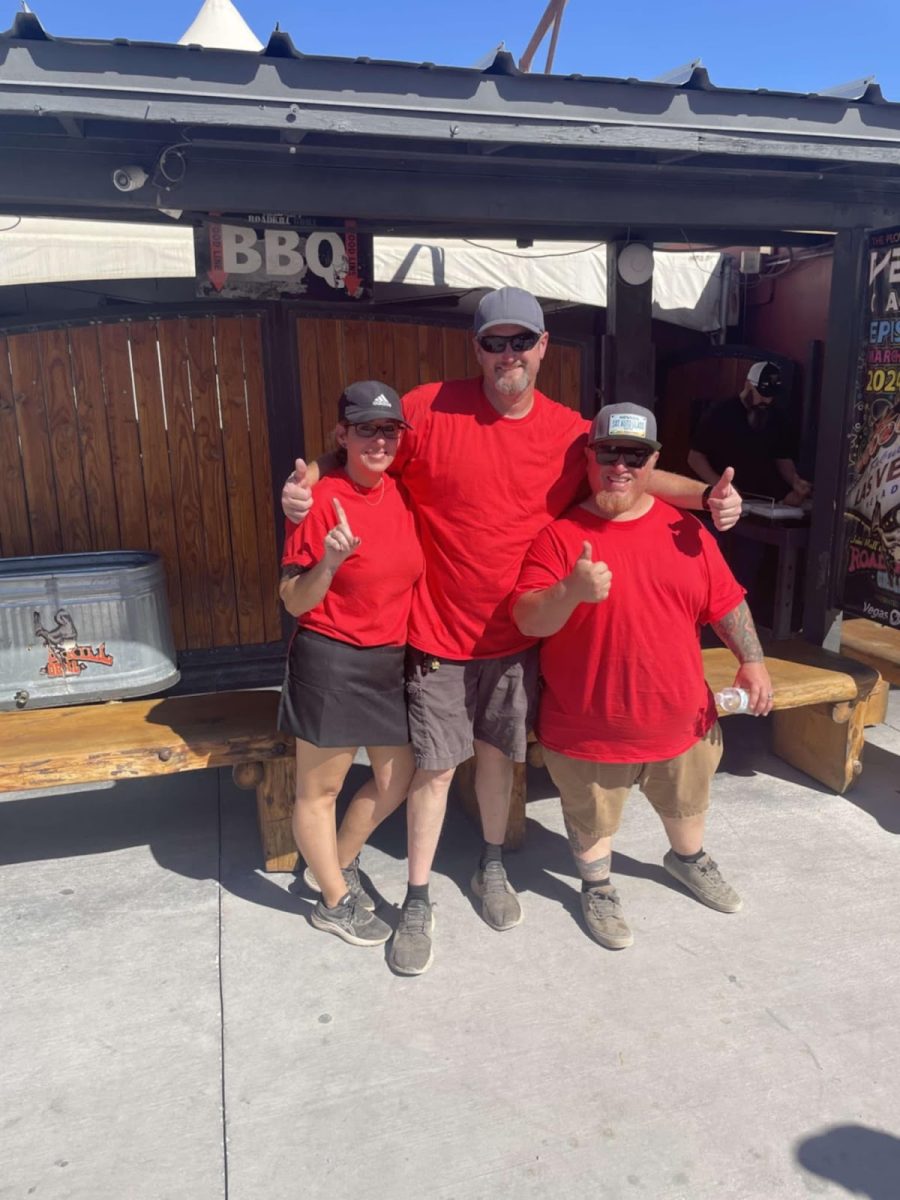“Cabaret” is a musical composition by John Kander, with lyrics by Fred Ebb. It debuted on Broadway in 1966. Based on Christopher Isherwood’s stories from his 1939 semi-autobiography “Goodbye to Berlin”, this show takes place in Berlin amidst World War I at a time when the Nazis were coming into power, during the 1930s that launched a change politically, experimentations in culture, and turmoil within society. “Cabaret” is without a doubt one of my favorite Broadway productions that combines the elements of love, ambition, and gritty realism in a world balancing on the brink of destruction.
The character at the heart of the performance “Cabaret” is Sally Bowles, a young English singer, carefree and bohemian by nature, who seeks some semblance of stability and meaning in a city moving very fast. Sally, along with the rest of the raucous cast of characters at the Kit Kat Klub, a place integral to the novel, creates a riotously colorful and energetic atmosphere. The club serves as both a sanctuary and manifestation of the turbulent times in which performances reveal hedonism and escapism that epitomized nightlife in fearful and uncertain times.
The other prominent character is Cliff Bradshaw, a young American novelist arriving in Berlin in search of inspiration for his book. He finds Sally at the Kit Kat Klub and gets taken into her anarchic, fascinating life. Their relationship becomes the core of the story and shows pain in the love of young people within a world full of vices.
This story gradually dulls the unnatural shine of this cabaret to give place to the gloomy elements of the German way of life. The Nazi Party threatens to advance into the personal levels in these characters’ lives and echoes on very large-scale ratios. Such contrasts and conflict arise leading to an abrupt atmosphere and distrust in this general musical performance between the carefree and joyful mood of Cabaret and a disheartening and grave political atmosphere.
“Cabaret” gave an innovative narrative structure, integrating the job of this musical master of ceremonies at the cabaret with raucous and provocative humor frequently breaking into the audience to talk into its dark humor, as if the breaking down of the fourth wall engaged one in complicity for this denial dance while the characters wove in and out within encroaching fascism.
The iconic numbers include “Willkommen,” “Maybe This Time,” and the haunting “Cabaret” that captures the show’s emotional heart. The musical number “Money” outlines corruption in society and underlines the desire to survive at all costs-poignantly reflecting the struggle for identity and livelihood in a world falling out of control.
“Cabaret” deals with anything but smooth subjects, from the pleasures of love and lures of nightlife to the brutal aftermath of denial of political reality. It is a deep reflection on the souls of fragile dreams that get lost in despair.
“Cabaret” is one surviving tough musical theater that fascinates the audience through brilliant performances and unforgettable scores. The insight it provided to an emergent society unravels some insight into hopes and disillusions in combat as we, within our wishes and intentions, want to pull ourselves out to immerse into the world of art and feasts-the one that does not give a shoulder either to ourselves or to this world. In this connection, whether one saw “Cabaret” on the stage or in film adaptations, this remains the vital narrative vibrant and explosive with its time deeply echoed today.
Recently I went to see “Cabaret”. I didn’t know what it was about and my dad thought it would be a fun idea to go see it. When we walked into the theater the vibes were amazing. It felt like I was going back in time. Our table ended up being pretty close, so close that the women playing Sally Bowles ended up bumping into the table and knocking over my dad’s drink. During the wait, the cast for the cabaret boys came out, walked around, and talked amongst themselves. They also allowed you to get drinks and snacks from the little stand they had and bring them to your table or seat. I’m not going to go into detail about what the musical was like, but I will say that it was one of the best ones I have ever seen in my life. You should go see “Cabaret” at the Smith Center in Las Vegas before it’s gone!









